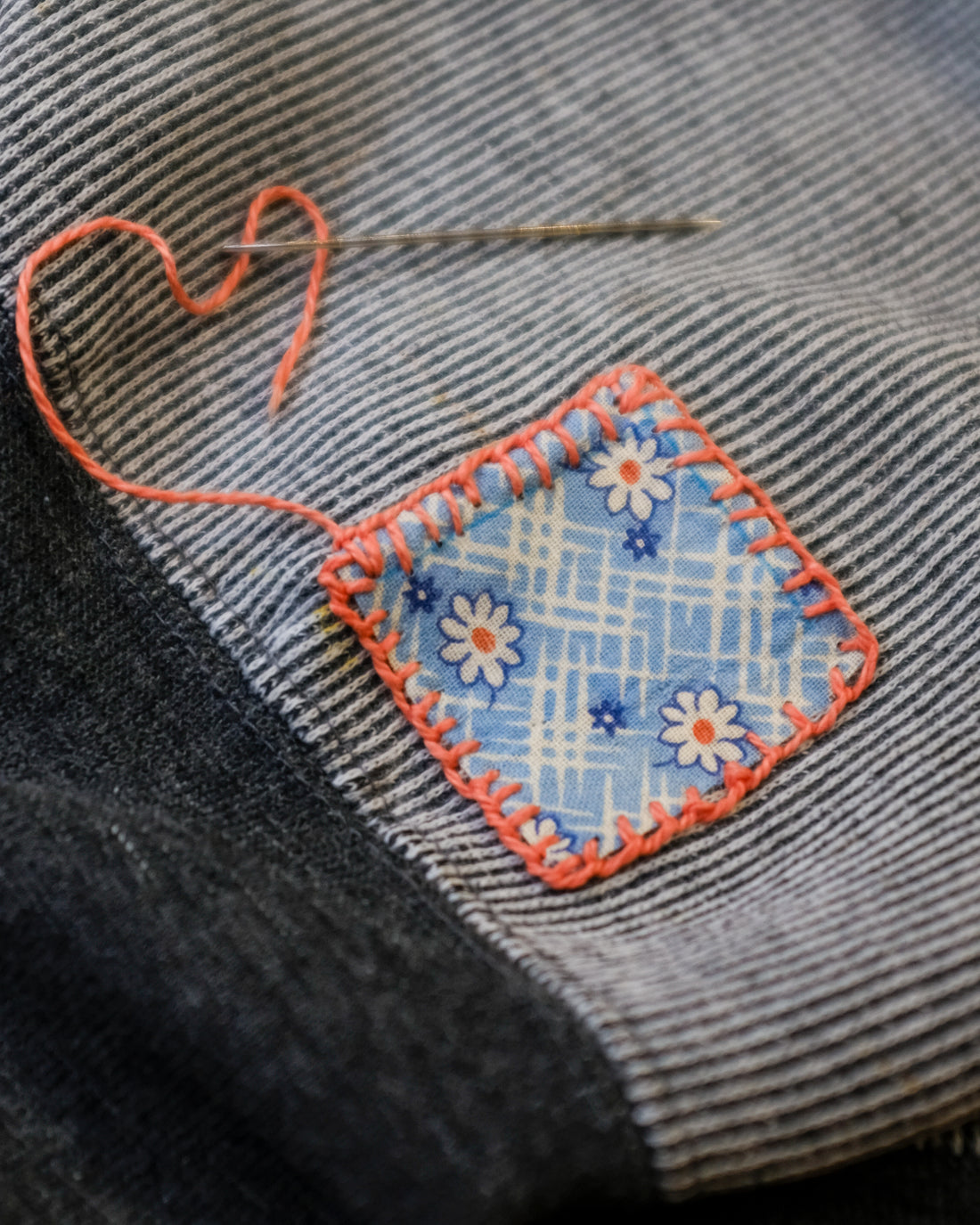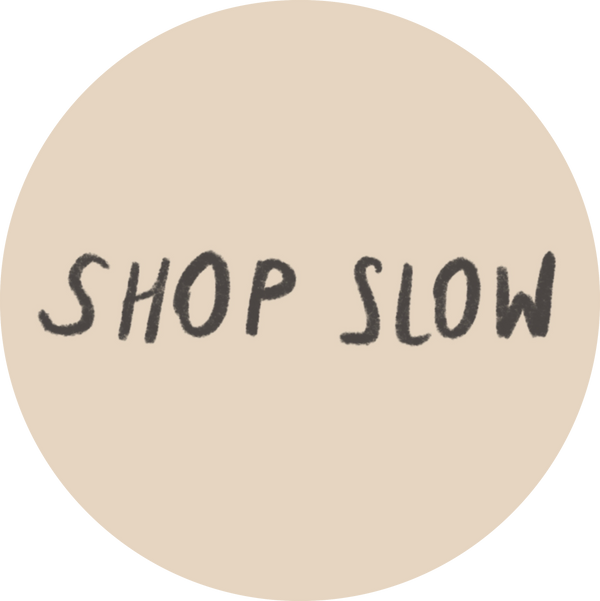Here is the reformatted text with the new title:
**Why Shop Slow: The Case for Sustainable Fashion Consumption**
The fashion industry is one of the largest and most profitable industries in the world, but it's also one of the most wasteful and unsustainable. The constant demand for new and trendy products has led to a culture of fast fashion, where clothes are designed to be worn once and then discarded. This fast-paced cycle of consumption has devastating consequences for the environment, from the production of raw materials to the disposal of unwanted garments.
One of the most significant problems with fast fashion is the environmental impact of its production process. The extraction and processing of raw materials, such as cotton, polyester, and silk, require large amounts of energy and water. Additionally, the manufacturing process itself generates significant amounts of waste, including chemical runoff, fabric scraps, and packaging materials.
Furthermore, the fashion industry's reliance on cheap labor and sweatshop practices perpetuates social and economic inequality. Many workers in the industry are paid low wages, work long hours, and are subjected to poor working conditions. This not only affects their well-being but also perpetuates a cycle of poverty and exploitation.
So, why shop slow? Shopping slow means adopting a more mindful and intentional approach to consumption. It involves taking the time to think about what we really need, what we already have, and what we can reuse or repurpose. It means choosing high-quality, sustainable products that are made to last, rather than buying cheap, trendy items that will quickly become outdated.
Shopping slow also requires a shift in our mindset towards fashion as a luxury rather than a necessity. It means valuing the craftsmanship and quality of clothing over its price tag or brand name. By slowing down our consumption habits, we can reduce waste, support fair labor practices, and promote sustainability in the fashion industry.
Some ways to shop slow include:
* Buying second-hand or vintage clothing
* Investing in high-quality, timeless pieces
* Choosing sustainable fabrics and production methods
* Avoiding fast fashion brands that prioritize profit over people and planet
* Repairing and maintaining your clothes instead of discarding them
By adopting a slower approach to fashion consumption, we can create a more sustainable and responsible industry that benefits both people and the planet.

